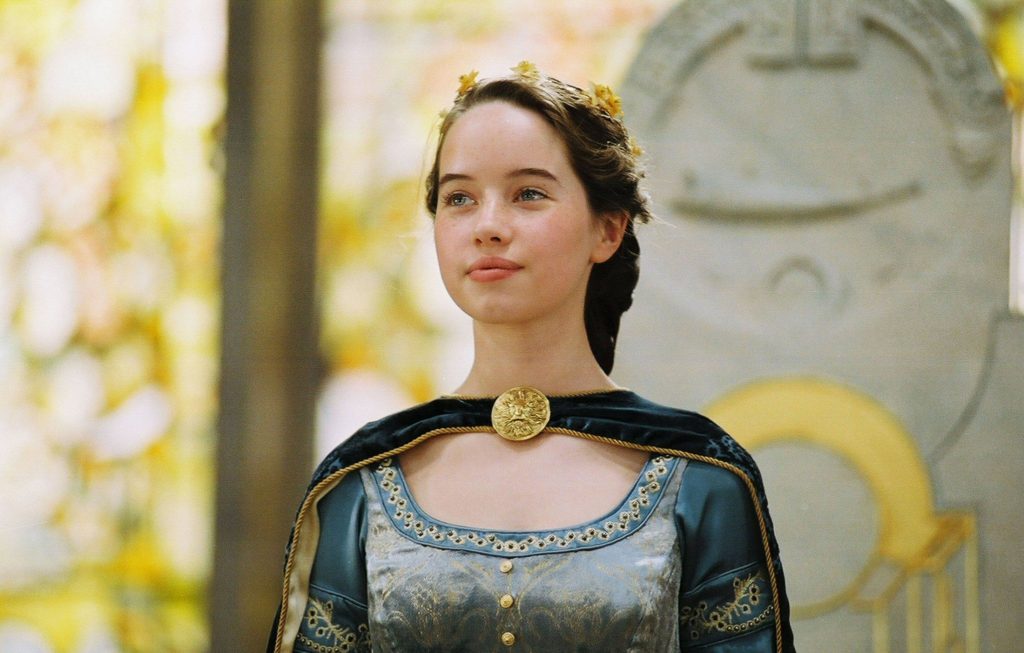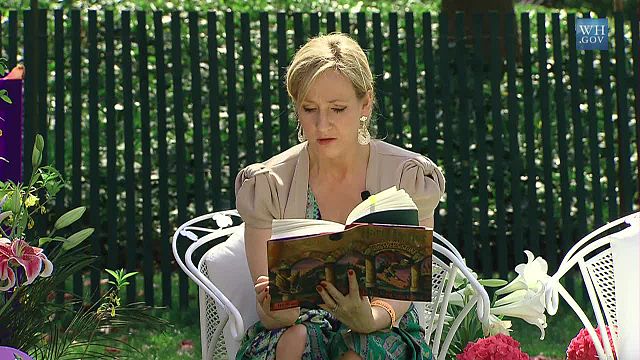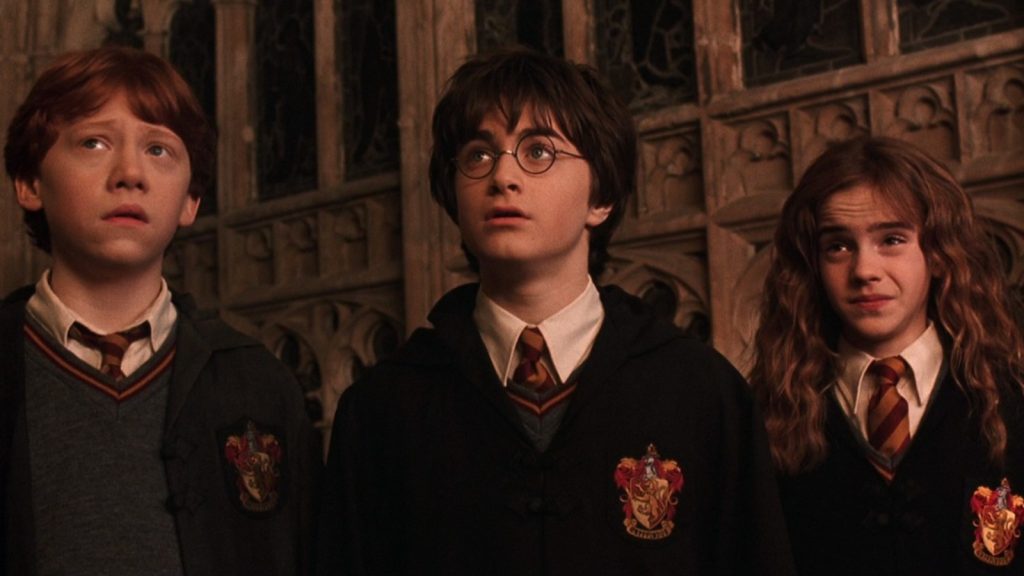The British author J.K. Rowling is the driving force and writing genius behind the Harry Potter fantasy novel series. The seven-volume series, published between 1997 and 2007, created one of the most profitable franchises in the industry. Further, making the author one of the most influential fantasy writers in Hollywood.

However, in reality, she does not enjoy reading fantasy novels herself. In a past interview on the subject, she criticized C.S. Lewis’s The Chronicles of Narnia, particularly for how it treated the character of Susan Pevensie.
J.K Rowling Calls Out The Chronicles of Narnia on How It Treated Susan Pevensie
While J.K. Rowling has recently been trending for her controversial comments on various topics, her writing genius, particularly in crafting the Harry Potter series, is undeniable. What began with the author facing rejection from numerous publishers eventually transformed into one of Hollywood’s most successful movie franchises.

Although she is often celebrated as one of the most sought-after fantasy writers in the industry, Rowling has surprisingly little enthusiasm for the genre itself. In a Time interview, she recalled that it was only after the publication of Harry Potter and the Sorcerer’s Stone that she realized she had written a fantasy novel. She added:
That’s the honest truth. (Further) You know, the unicorns were in there. There was the castle, God knows. But I really had not thought that that’s what I was doing. And I think maybe the reason that it didn’t occur to me is that I’m not a huge fan of fantasy.
On the same topic of fantasy novels, Rowling also mentioned that her dislike for the genre is why she has never finished J.R.R. Tolkien’s The Lord of the Rings. She further discussed C.S. Lewis’s The Chronicles of Narnia series, with which her Harry Potter books are frequently compared.
Rowling criticized Lewis’s portrayal of children in his books, particularly taking issue with the character of Susan Pevensie. She added:
There comes a point where Susan, who was the older girl, is lost to Narnia because she becomes interested in lipstick. She’s become irreligious basically because she found s*x. (Rowling further adds) I have a big problem with that.
The author criticized the narrative choice that portrays Susan Pevensie as being cast out of Narnia simply because she becomes interested in more mature and worldly things, like lipstick.
Rowling’s remarks also highlight a broader critique of how certain writers handle themes of s*xuality and growing up.
Rowling Reflected on the Moment She Realized Harry Potter was a Global Hit
J.K. Rowling, a record-breaking author who created the immensely successful Harry Potter series, recalled in a past interview the moment she realized Harry Potter was a global phenomenon. In an interview with The Sunday Times, she described how her early experiences felt like a blur.

Further, it wasn’t until she won the Smarties Book Prize in 1997 that the magnitude of her success truly sank in. She added, “Then I got a record advance from America, and everything went crazy.”
However, her journey to creating and writing the books was anything but straightforward. After conceiving the idea of Harry Potter, she spent nearly seven years writing and constantly revising the first novel. She added:
I kept losing hope and putting it away, but that happened less and less as I worked on it. At a certain point it, or I, caught fire, and I stopped doubting. I can remember feeling elated after writing the first Quidditch match, which flowed out of the pen and was barely revised afterwards.
Despite these challenges, her desire to be a writer remained unwavering, which she mentioned had always been a part of her.
Rowling also noted that reading Busy, Busy World by Richard Scarry and Black Beauty by Anna Sewell significantly shaped her literary aspirations and imagination.

